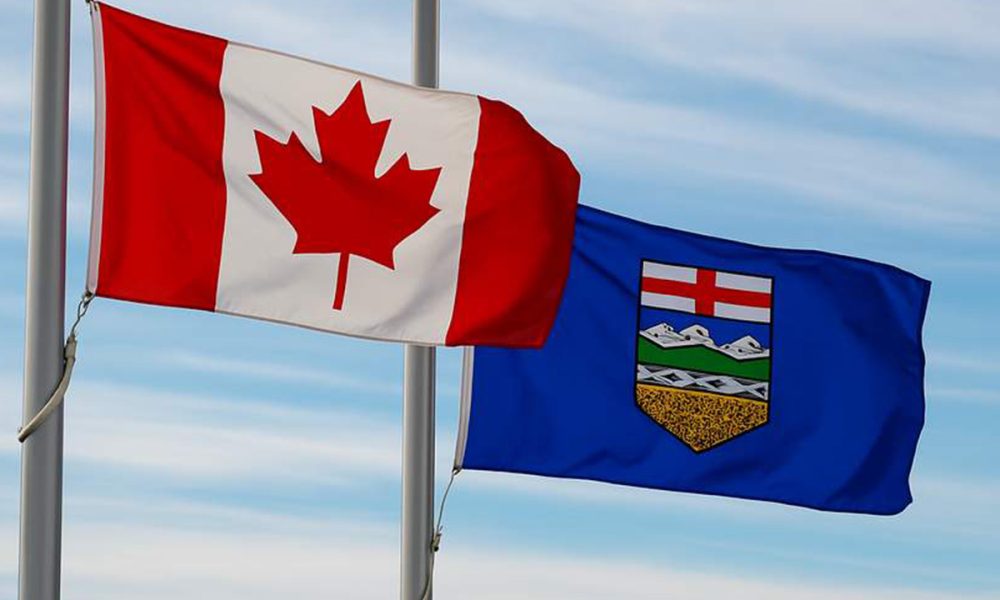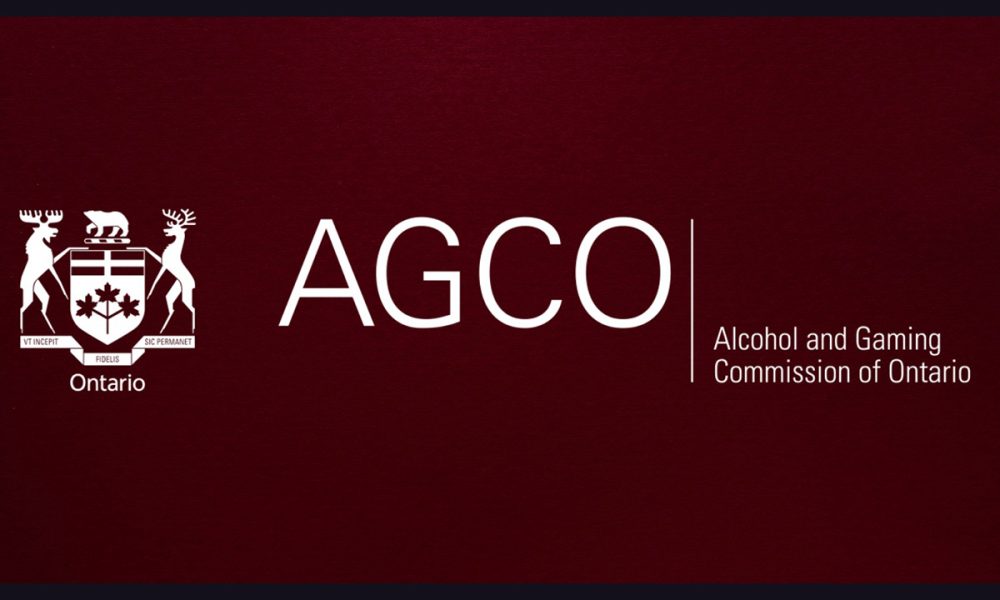Canada
Hofstra University Opposing Long Island Casino Proposal
In the American state of New York and the leadership of Hofstra University has come out against a plan from Las Vegas Sands Corporation that would see a multi-billion-dollar casino resort brought to an 80-acre plot of adjacent land.
The private Long Island university’s 25-member board of trustees has written an open letter to formally oppose the proposal to construct a Las Vegas-style venue complete with multiple restaurants, ballrooms and a health club on a derelict site next to the 14,000-seat Nassau Veterans Memorial Coliseum. This project is destined to serve as a significant part of the ambitious ‘Nassau Hub’ scheme so as to transform the area around the 51-year-old sports facility into a world-class destination district also featuring offices, other entertainment components, retail spaces and a residential element.
However, the leadership for Hofstra University used its letter to declare that the ‘Nassau Hub’ scheme is ‘an entirely inappropriate location for a casino’ as the site is currently encircled by a range of ‘educational institutions from pre-school through graduate school’ alongside ‘a diversity of suburban communities’. The board of trustees asserted that the plan from Las Vegas Sands Corporation would also likely bring ‘increased traffic congestion, crime, economic harm for local businesses and other negative impacts’ to this area.
“There are other locations in and around New York City…that are not in such proximity to multiple educational institutions where so many young people live and learn,” the Hofstra University letter read.
Hofstra University was established in 1935 as an extension of New York University and currently runs 180 undergraduate and 190 graduate programs patronized by well over 10,000 students. The trustees’ letter pronounced that the institution moreover employs some 2,500 people while serving as an economic driver for the nearby town of Hempstead and the larger New York metropolitan area.
Las Vegas Sands Corporation unveiled its plan to bring a five-star casino resort to eastern Long Island in January after the New York State Gaming Commission launched the application process for a trio of ‘downstate’ gaming licenses. The operator stated at the time that it intends to work with local communities so as to ensure its finished development ‘maximizes economic opportunities, helps to build stronger communities and protects the quality of life for all Long Islanders’.
“Our company’s track record of driving significant economic benefits to the communities in which we operate and the meaningful relationships and partnerships we have created in each of those communities gives us a unique perspective on what it takes to develop transformative tourism destinations that positively impact the local community,” the Chairman and Chief Executive Officer for Las Vegas Sands Corporation, Robert Goldstein, said. “Based on that experience, we strongly believe Long Island can be home to one of the region’s great entertainment and hospitality developments.”
AGLC
Casino ATM Scam in Edmonton Reveals Money Laundering and Drug Links

Law enforcement in Alberta continues to search for the last suspect in a sophisticated fraud operation that targeted ATMs in Edmonton-area casinos and resulted in over CAD 1 million ($720,487) in losses throughout Western Canada.
The Royal Canadian Mounted Police (RCMP) has confirmed that Hisham Ismaeel, 28, remains at large with a province-wide warrant for his arrest. He faces charges of fraud exceeding $5000 and possessing proceeds of crime. Police have already arrested four other men linked to the scheme. Investigators describe the operation as a well-planned effort to exploit financial systems and clean dirty money.
The accused, Elliot Miao, 42, Van Bau Ta, 39, Hassan Jaafar Haydar Ahmad, 37, and Dennis Jones, 42, showed up in the Alberta Court of Justice last week. They face charges from fraud and money laundering to owning criminal property. Miao also has a narcotics trafficking charge after police found cocaine when they searched with warrants.
Investigators claim the group made coordinated withdrawals at several casino ATMs, timing their transactions to avoid getting caught. This action messed up ATM networks in the area and showed flaws in the systems that banks and casinos use to stop misuse.
The RCMP Federal Policing Northwest Region led an investigation that involved six search warrants in Edmonton. The Edmonton Police Service, the Financial Transactions and Reports Analysis Centre of Canada (FINTRAC), Alberta Gaming, Liquor and Cannabis (AGLC), and several banks supported this effort. Officials said the case shows how teamwork between public agencies and the private sector plays a key role in combating modern financial crime.
AGLC representatives pointed out that casino operators in the province must follow strict reporting and surveillance rules under Canada’s anti-money laundering laws. The specific casinos affected remain unnamed, but the Edmonton region has seven licensed facilities. AGLC said its policies helped spot problems and backed the RCMP’s investigation.
Compliance experts say this fraud shows how criminals change their methods to take advantage of weak spots in reporting limits and transaction checks. They claim that casinos, which deal with lots of cash, are still easy targets unless they keep improving their detection systems and teach their front-line workers to notice coordinated actions like several big withdrawals happening one after another.
For now, the case highlights both the money and crime aspects of casino-related fraud. Besides the million-dollar losses, finding drugs during the raids points to a bigger criminal operation where financial crimes and drug dealing overlap.
The post Casino ATM Scam in Edmonton Reveals Money Laundering and Drug Links appeared first on Gaming and Gambling Industry in the Americas.
Bragg Gaming
Bragg Confirms Cyber Attack – Hackers Access Internal IT Systems

Bragg Gaming Group, a leading online gaming technology provider, has confirmed a major cybersecurity incident that compromised its internal IT infrastructure in the early hours of Saturday, August 16, 2025.
The company detected unauthorized intrusion attempts that successfully breached its internal network, triggering an immediate and comprehensive incident response.
Key Takeaways
-
Bragg Gaming Group experienced a cybersecurity breach involving access to internal IT systems.
-
No customer personal data or payment information appears to have been compromised.
-
The company has enacted full containment and investigation protocols.
Details of the Breach
According to a preliminary forensic analysis by Bragg’s internal security team, the attack was a targeted breach aimed at the company’s internal computer environment. While the exact method of intrusion is still under investigation, early indicators suggest a sophisticated exploit of internal network vulnerabilities.
Fortunately, the company’s customer-facing systems, including sensitive user data and financial information, appear to have been unaffected. Bragg’s existing encryption protocols and access control systems successfully prevented the attackers from accessing customer information.
Immediate Response Measures
In response to the breach, Bragg launched a multi-tiered containment strategy, including:
-
Network Segmentation to isolate affected systems
-
Enhanced Monitoring of data flows across its Remote Games Server (RGS) platform
-
Security Audits of critical infrastructure, including the Bragg Hub and PAM systems
-
Engagement of Independent Cybersecurity Experts to assist in incident analysis and system hardening
Bragg’s Security Operations Center has also elevated its alert level, initiating 24/7 monitoring across all server clusters and network endpoints. In addition, company-wide penetration testing is now underway to proactively identify any residual vulnerabilities.
Business Continuity Maintained
Despite the severity of the breach, Bragg reports that its operations remain unaffected. All gaming services, including iCasino and sportsbook offerings across regulated markets, continue to function without disruption.
“While this incident is deeply concerning, we are confident in the rapid and thorough response initiated by our team,” a company spokesperson stated. “We remain committed to protecting our infrastructure, our partners, and most importantly, our players.”
Looking Ahead
As part of its response, Bragg has also launched mandatory security awareness training for all employees to reinforce best practices and prevent future incidents.
Cybersecurity analysts will continue working with Bragg to determine the full scope of the attack, improve system resilience, and maintain the trust of its users and stakeholders.
Bragg’s handling of the incident highlights both the evolving nature of cybersecurity threats and the importance of robust, responsive defense systems in the digital gaming sector.
Source: cybersecuritynews.com
The post Bragg Confirms Cyber Attack – Hackers Access Internal IT Systems appeared first on Gaming and Gambling Industry in the Americas.
AGCO
AGCO Removes Cap on Seller Commission for Charitable Lottery Products

The Alcohol and Gaming Commission of Ontario (AGCO) has updated several lottery policies to remove the cap on seller commission for Paper Raffles and Media Bingo, along with removing the prohibition on Catch the Ace paper lotteries, to align with other charitable lottery products.
Licensed charities may now negotiate commissions directly with sellers and determine commissions, provided they are reasonable and tied to the cost of service provided by the seller.
These updates further the AGCO’s commitment to adopt an outcomes-based regulatory approach and reduce burden for the charitable gaming sector. Local charitable organizations will have greater flexibility to make decisions that best serve their fundraising objectives.
Important Reminders
• Charities must still receive approval for other expenses incurred under their licence and retain receipts for seller commission paid.
• Licensing authorities will not require documentation to be submitted as part of the application process, however, charities are still subject to audit to determine compliance.
• Charities are reminded of their legal requirement to meet their obligations under the Criminal Code and with respect to conducting and managing a charitable gaming scheme.
• As with all licensed charitable lottery events, charities must take the necessary steps to ensure that they are conducting and managing the lottery event within Ontario.
For charitable gaming-related inquiries, email an AGCO Eligibility Officer at [email protected] or call AGCO Customer Service at 1-800-522-2876, Monday to Friday from 8:30 a.m. to 5 p.m.
The post AGCO Removes Cap on Seller Commission for Charitable Lottery Products appeared first on Gaming and Gambling Industry in the Americas.
-

 gaming3 years ago
gaming3 years agoODIN by 4Players: Immersive, state-of-the-art in-game audio launches into the next generation of gaming
-
EEG iGaming Directory8 years ago
iSoftBet continues to grow with new release Forest Mania
-
News7 years ago
Softbroke collaborates with Asia Live Tech for the expansion of the service line in the igaming market
-
News7 years ago
Super Bowl LIII: NFL Fans Can Bet on the #1 Sportsbook Review Site Betting-Super-Bowl.com, Providing Free Unbiased and Trusted News, Picks and Predictions
-
iGaming Industry8 years ago
Rick Meitzler appointed to the Indian Gaming Magazine Advisory Board for 2018
-
News7 years ago
REVEALED: Top eSports players set to earn $3.2 million in 2019
-
iGaming Industry8 years ago
French Senator raises Loot Boxes to France’s Gambling Regulator
-
News7 years ago
Exclusive Interview with Miklos Handa (Founder of the email marketing solutions, “MailMike.net”), speaker at Vienna International Gaming Expo 2018






